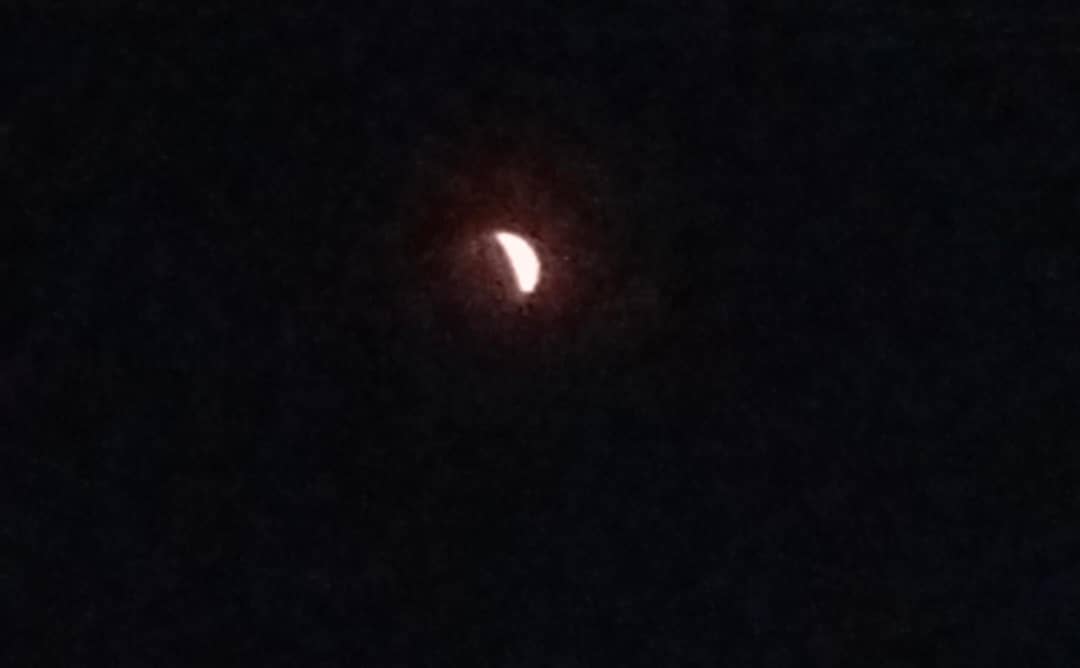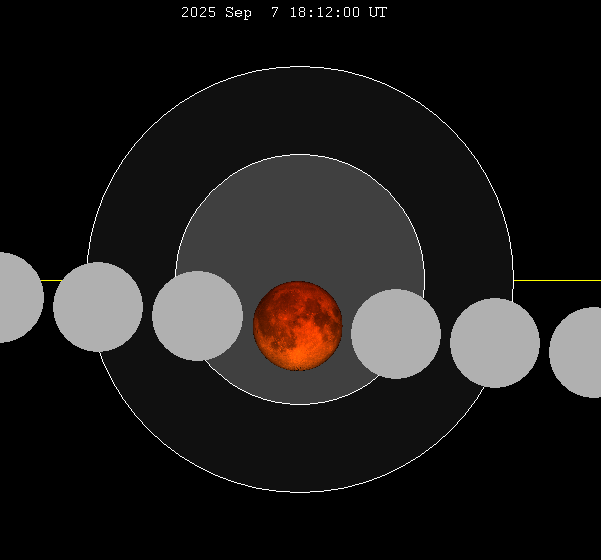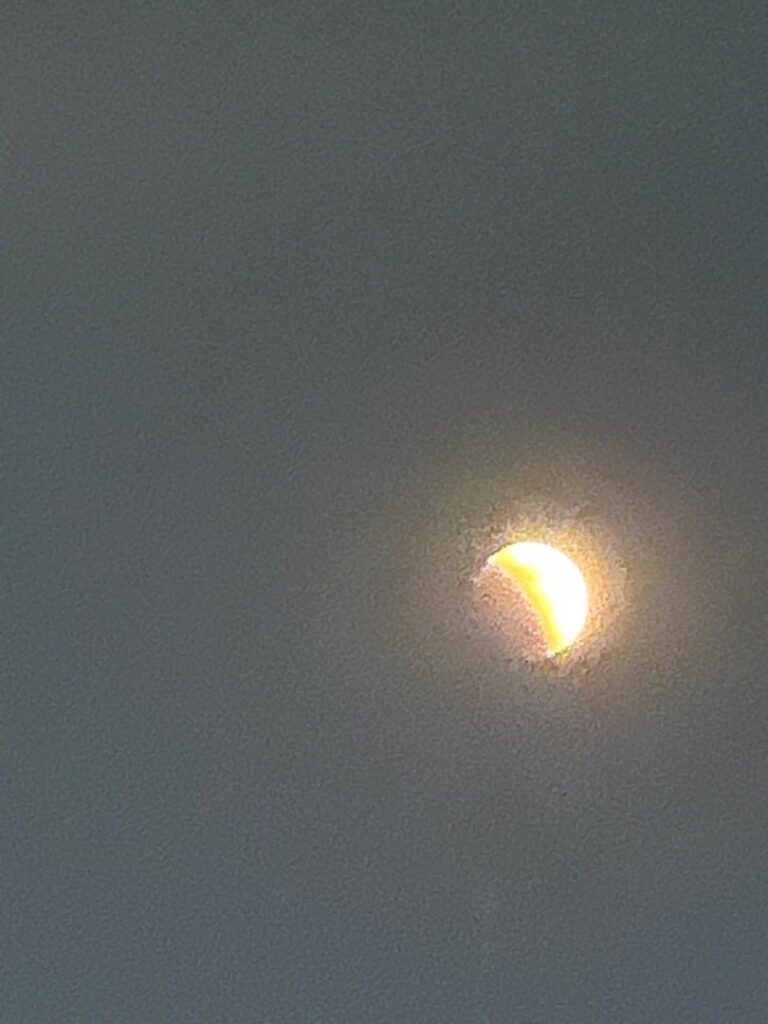
People across all continents—and in Rwanda in particular—witnessed a total lunar eclipse on the evening of Sunday, September 7, 2025.
A lunar eclipse occurs when the Earth passes directly between the Sun and the Moon, casting its shadow across the lunar surface. To the naked eye, it often appears as though a dark cloud is covering the Moon.

According to monitoring agencies including NASA, Time and Date, and the Royal Observatory Greenwich, the Moon remained in total eclipse for 82 minutes and 6 seconds, while the partial phases lasted a total of 326 minutes and 40 seconds.
Scientists note that lunar eclipses have no major physical effects on Earth. However, nocturnal animals sometimes alter their behavior—pausing their movement or changing activity patterns—causing minor shifts in ecosystems.
Beyond science, eclipses have long fascinated humanity. They provide researchers with valuable opportunities to study celestial dynamics, while in history and cultural belief systems worldwide, they have often been seen as symbols of omens of great change.








